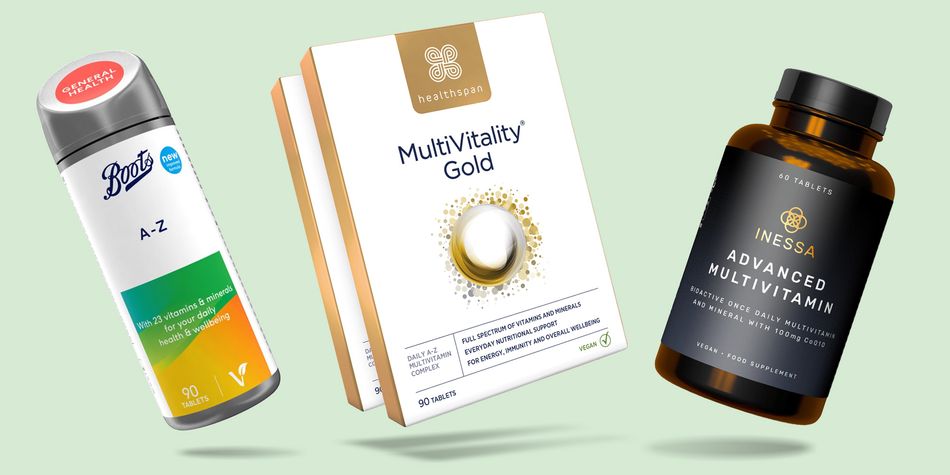By clicking a retailer link you consent to third-party cookies that track your onward journey. This enables W? to receive an affiliate commission if you make a purchase, which supports our mission to be the UK's consumer champion.
How to build a balanced vegan diet and avoid nutrient deficiencies
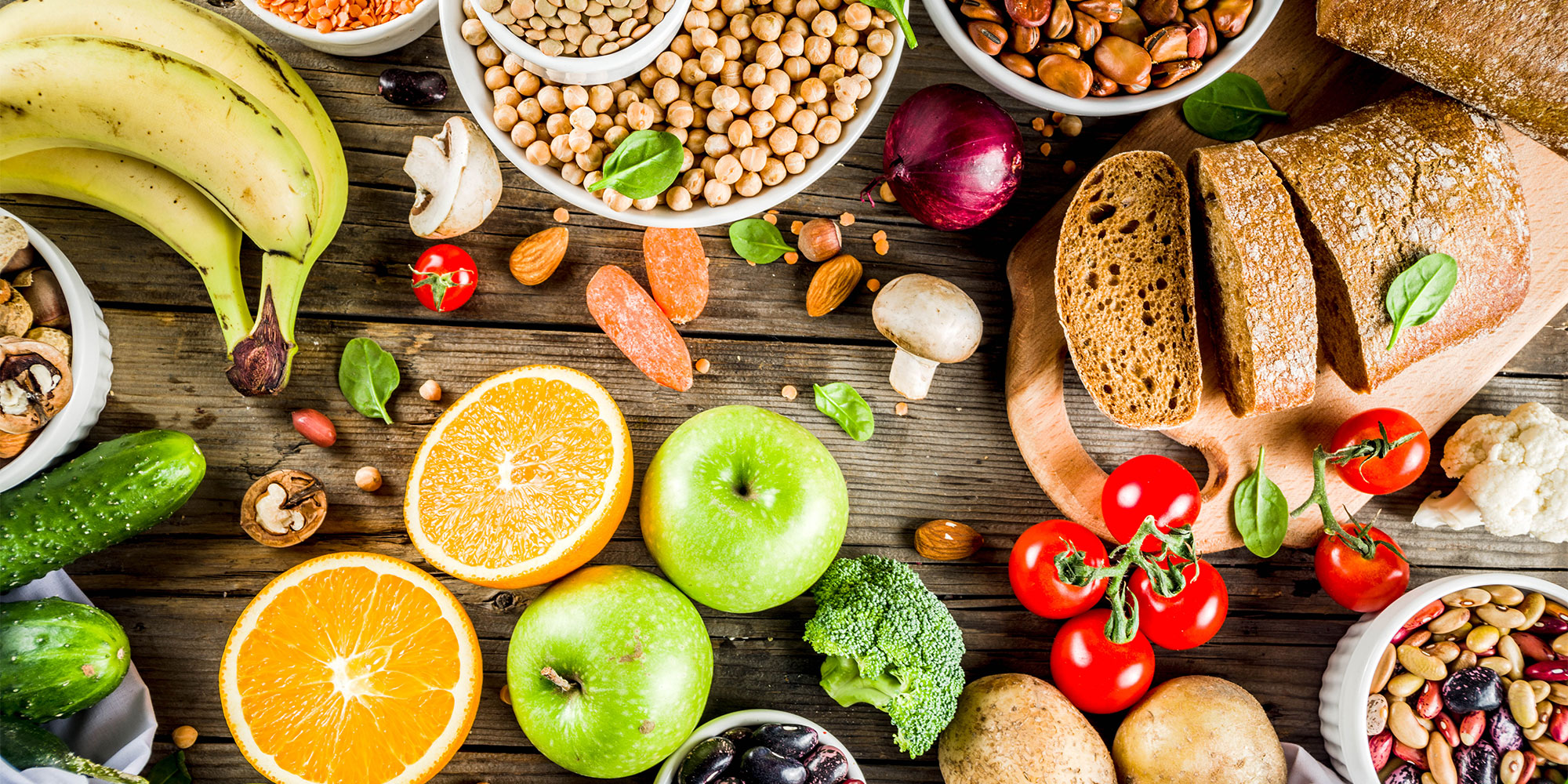
Going vegan is increasingly popular, but it could put you at risk of nutritional deficiencies that impact your health if you don't plan your meals carefully. It's important to be aware of the nutrients that are harder to source from solely plant-based foods.
Which? nutritionist Shefalee Loth advises: 'While it is possible to get most of the nutrients you need from a vegan diet, it does involve some planning.'
We've rounded up the vital vitamins that you may not get from plants, why they matter, and how to get more into your meals.
Which nutrients are harder to get from a plant-based diet?
Vitamin B12
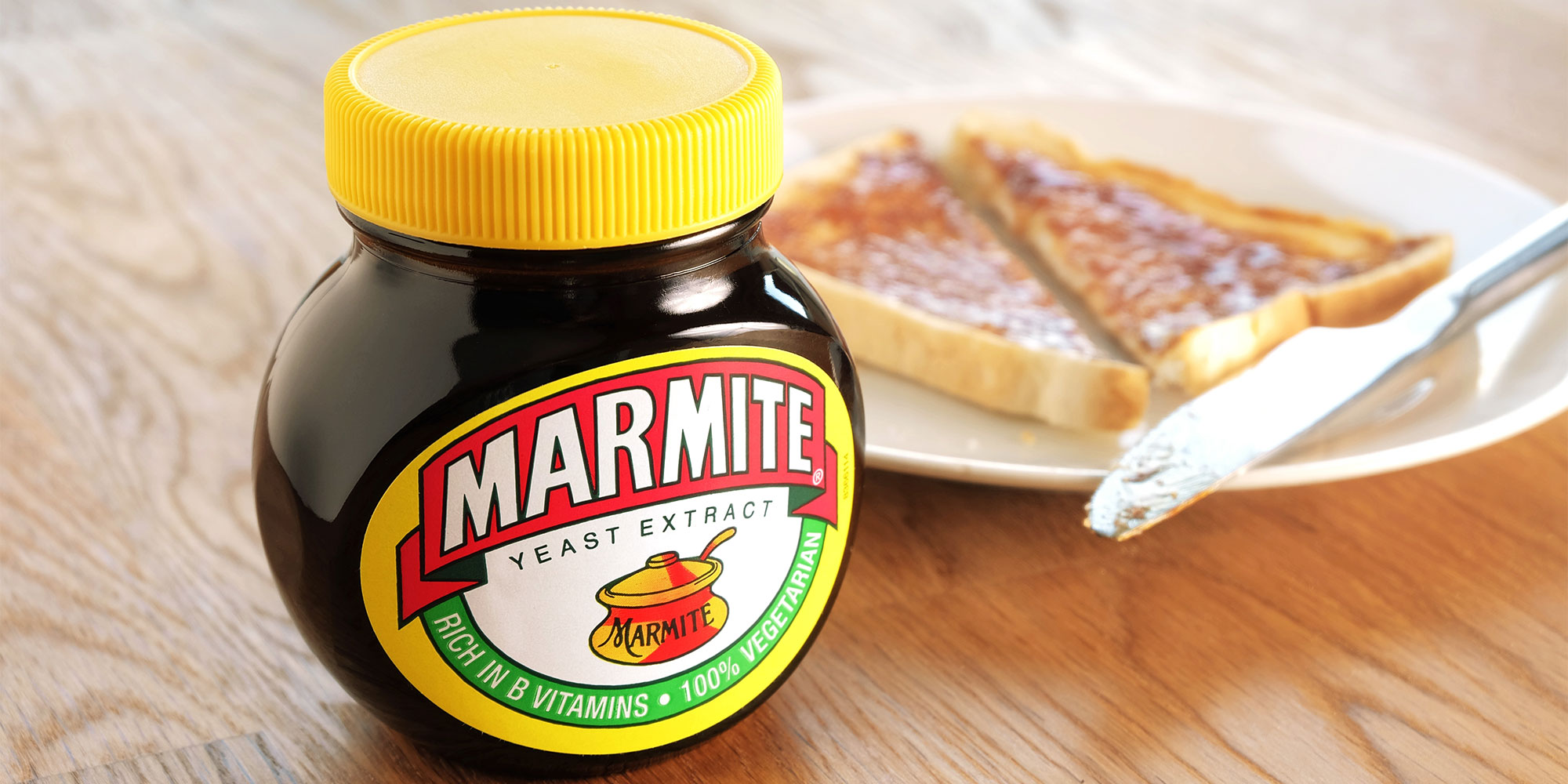
We only need a small amount of B12 in our daily diet, but it's key to our health. Not getting enough can cause tiredness, headaches and vision problems.
If left unchecked, a deficiency can have more severe consequences. It can affect your memory and cognition, or lead to vitamin B12 deficiency anaemia, an increased risk of heart disease, and nerve symptoms such as numbness.
Vitamin B12 only occurs naturally in animal-derived foods such as meat, milk, eggs, fish and shellfish, so vegans can struggle to get enough of it.
Vegan B12 food sources:
- Fortified breakfast cereal and/or fortified plant-based milk Most cereals have vitamin B12 added to them, but check before you buy (and keep an eye on the sugar content). Some plant-based milk alternatives are also fortified with B12.
- Yeast extract Whether it's Marmite or an own-brand version, these spreads are fortified with vitamin B12.
- Nutritional yeast Nutritional yeast flakes can be used instead of cheese when you're making vegan dishes such as mac and no-cheese.
Shefalee says: 'Even if you add fortified foods to your diet, it's worth taking a B12 supplement if you're vegan to ensure you're getting enough.'
Calcium
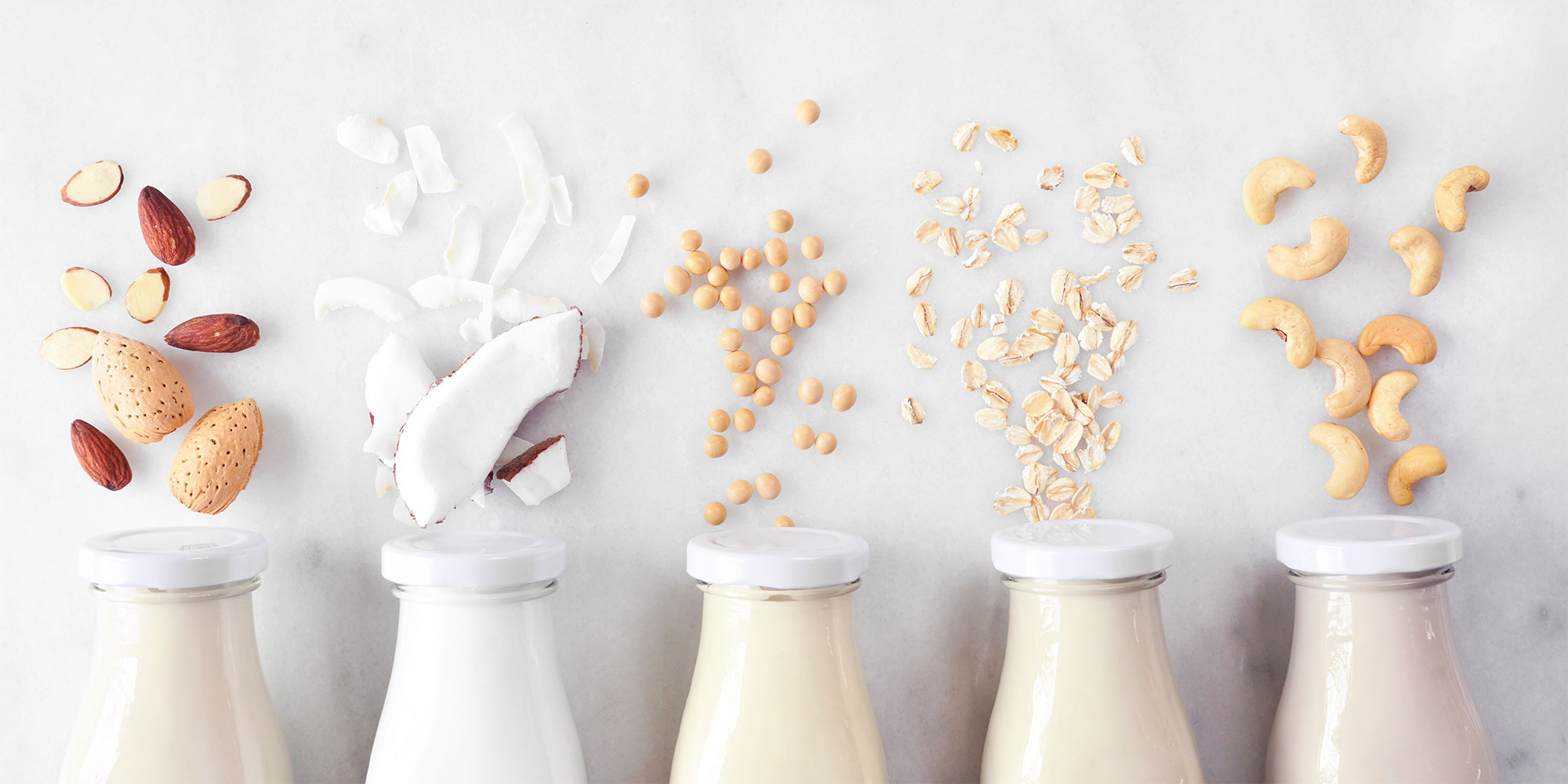
Calcium is found in dairy foods such as cheese, yoghurt and milk; it's needed for strong bones and teeth, as well as regulating heart rhythm.
If we don't get the average 700mg we need per day from our diet, it can lead to reduced bone density. This is particularly important for women, who are at higher risk of osteoporosis in later life.
A 2020 study in Medicine, the British Medical Council journal, showed that those following a vegan diet had a higher risk of fractures in all areas of the body, especially the hips. Vegetarians and fish eaters were also at increased risk of fracture compared to meat eaters.
Shefalee says: 'Although dried fruits, beans, seeds and nuts contain calcium, they also contain oxalates and/or phytates. These reduce the body's ability to absorb calcium, so try to avoid having these foods at the same time as other calcium sources. The same applies to some dark green leafy veg, such as spinach.'
Vegan calcium food sources:
- Choose calcium-fortified foods Calcium-set soya bean curd or tofu, fortified cereals and fortified plant-based milk alternatives are all useful options.
- Pack in green leafy veg Some are better than others. Kale and spring greens are good sources, but spinach contains a lot of calcium that we can't properly digest.
We've taken a deep dive into the impact of different types of plant milks on your health and the environment
Iron
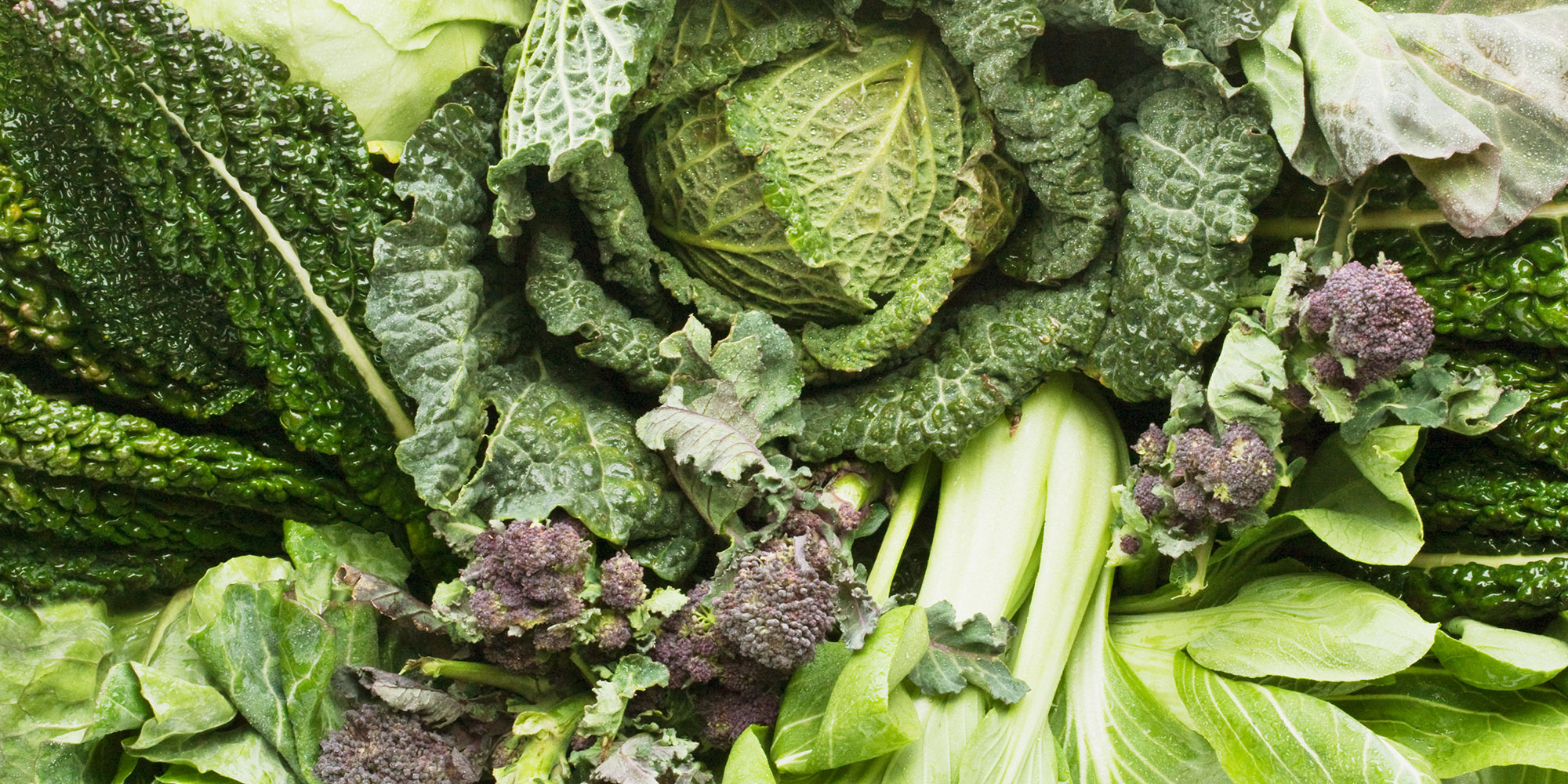
If you're often tired, breathless and pale, you might be low in iron. Iron is needed for healthy blood cells to carry oxygen to every cell in your body.
The 'haem' variety of iron, found in animal products such as beef, lamb, pork, eggs and poultry, is more easily absorbed by the body than plant-derived 'non-haem' iron, which is what animal-free diets depend on.
Shefalee says: 'There are things you can do to maximise iron absorption from plant sources. First, avoid consuming your iron-rich foods at the same time as tea and coffee. Both of these drinks contain plant compounds called polyphenols, which can bind to iron and reduce how much you absorb.
'Second, vitamin C aids absorption of non-haem iron, so try to combine vitamin C-rich fruit and veg like citrus fruits or broccoli, or even a glass of orange juice, with your non-animal iron sources.'
Vegan iron food sources:
- Beans and pulses, such as chickpeas or red kidney beans
- Nuts and seeds - for example, peanuts or sesame seeds
- Dried fruit, like apricots
- Leafy green vegetables, including kale or spinach
Want to give plant-based meat alternatives a try? We take a look at which meat alternatives are best for taste, health and the environment
Zinc
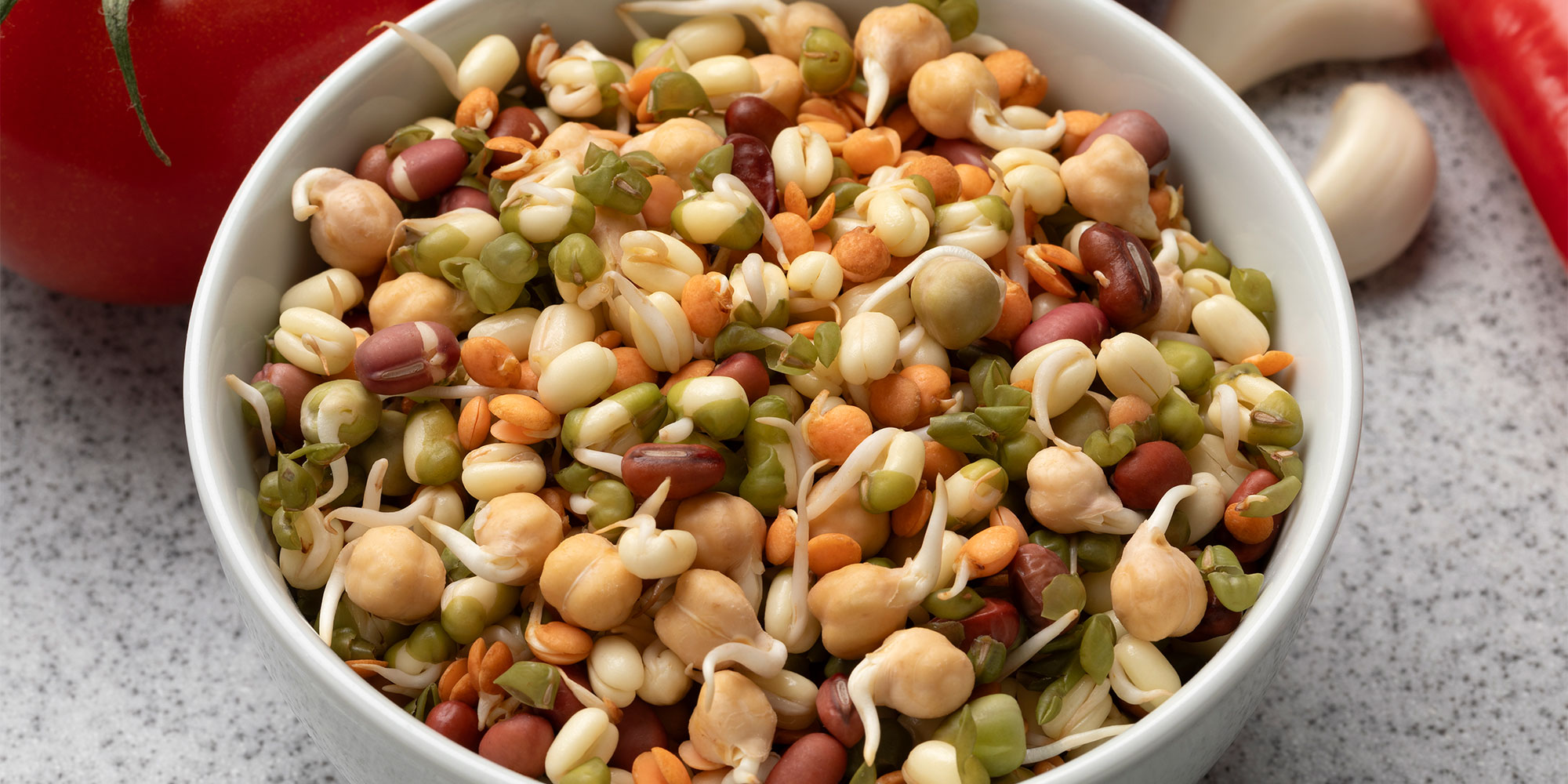
Zinc supports immunity, healthy hair and skin, and wound healing. Animal sources include meat, shellfish and dairy foods.
It's known as a trace mineral, meaning we only need small amounts, but our bodies can't store it so we need a regular intake.
Plant-based sources of zinc include wheatgerm, beans, nuts, seeds, mushrooms and fortified breakfast cereals, but phytate (found in plant fibres, especially in seeds and nuts) can inhibit zinc absorption.
Vegan zinc food sources:
- Try fermented foods like tempeh and miso The fermentation process in these soya foods produces the enzyme phytase, which breaks down the phytates in plant foods that can get in the way of zinc absorption.
- Sprouted beans, chickpeas and lentils Sprouting also leads to the breaking down of phytates, but cook these foods thoroughly if you're serving them to anyone in a vulnerable group, such as a pregnant woman.
Omega-3 fats
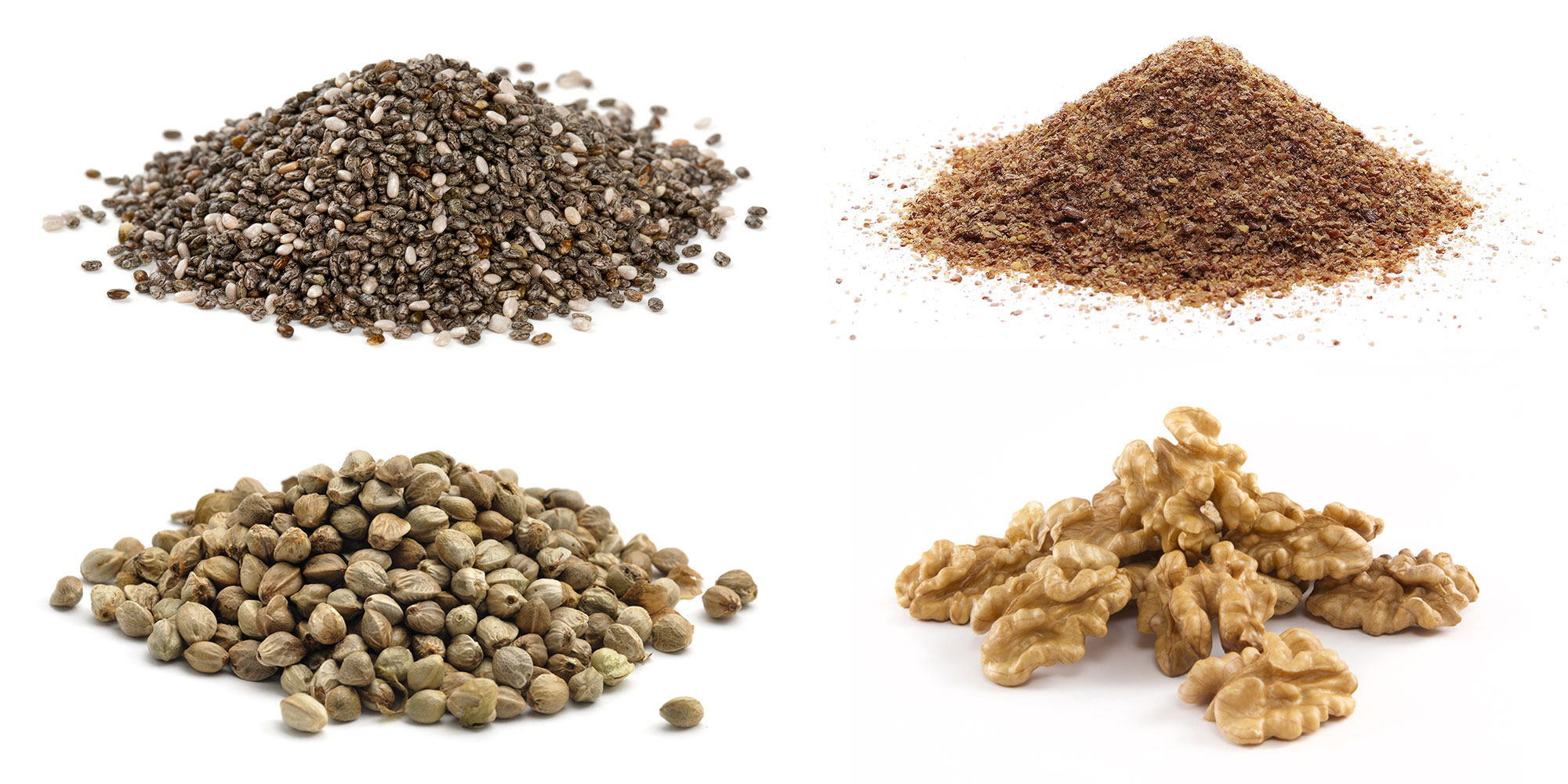
The omega-3 fats ALA, EPA and DHA have to come from our food, because we can't make them ourselves.
EPA and DHA, which are needed for heart, lung and blood vessel health, are found in oily fish such as salmon, mackerel, herring and sardines, so if you're vegan you rely on these being converted from the ALA you get from certain nuts and seeds.
Foods rich in the omega-6 essential fat linoleic acid (LA) include walnuts, sunflower and pumpkin seeds and some vegetable oils, including sunflower and corn.
Vegan omega-3 fats food sources:
- Chia seeds, ground linseed, hemp seeds and walnuts All are good daily sources.
- Rapeseed oil The Vegan Society recommends using this instead of oils containing a lot of LA, such as sunflower, corn or sesame.
Iodine
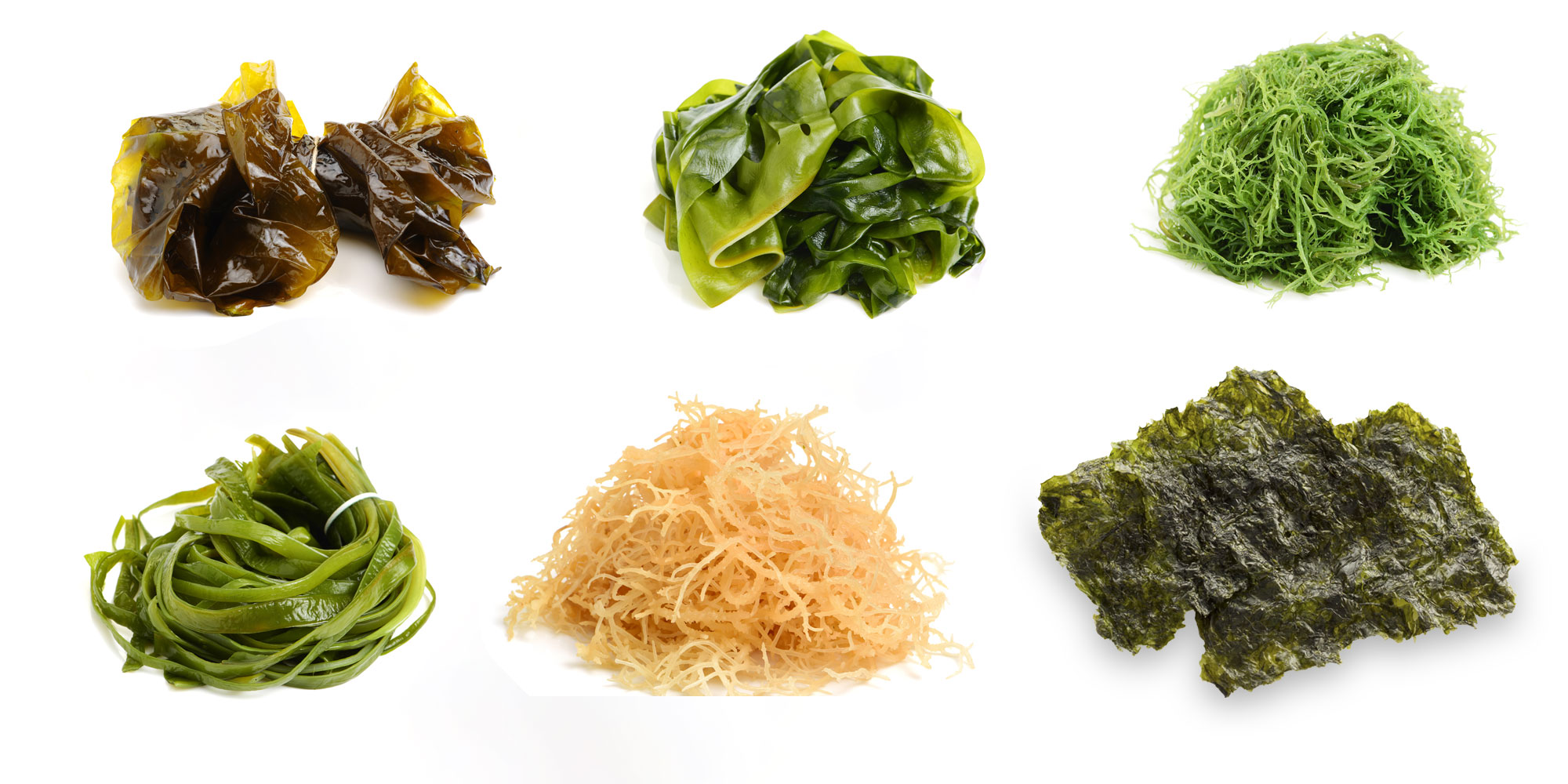
Iodine is needed for healthy thyroid function, which impacts many processes in the body, including metabolism and temperature control, as well as being essential for a healthy pregnancy.
Shefalee says: 'We mainly get the 140mg of iodine that we need each day from dairy products and seafood, but if you're a vegan, or don't eat much of these food groups, you may be at risk of deficiency. Try to include some of the vegan sources listed below or take a supplement.'
A 2021 study published in Cambridge University Press found that both vegans and vegetarians are at risk of inadequate iodine nutrition over time.
Vegan iodine food sources:
- Eat seaweed, but not too often Although foods such as sushi, nori, wakame and kelp contain iodine, it can be in variable amounts, so guidance states that you shouldn't eat sea vegetables more than once a week.
- Don't rely on iodised salt Experts say that, as we are being encouraged to cut down on salt to prevent conditions such as high blood pressure, we shouldn't rely on iodised salt as a means of increasing intake.
- Use iodine-fortified plant milk The ingredient to look out for is potassium iodide, but read the label, as not all milk alternatives contain it.
Best vitamin D supplements: our expert reviews pick out the best from 30 popular options
High-protein vegan diet
A high-protein vegan diet is easier to follow than you might think. Although plant-based eating was once seen as lower in protein, there are now plenty of convenient options to help you meet your protein needs.
Staples such as lentils, chickpeas, tofu and edamame provide a solid base, while newer products – from pea-protein yoghurts to high-protein pastas – can boost your intake even further. Including a protein-rich food at each meal can help you feel fuller for longer and support healthy muscles.
When shopping on a budget, go for tinned beans, frozen edamame and tofu, which most often offer great value for money. With a bit of planning, a high-protein vegan diet can be both affordable and varied.
Are vegan diets healthy?
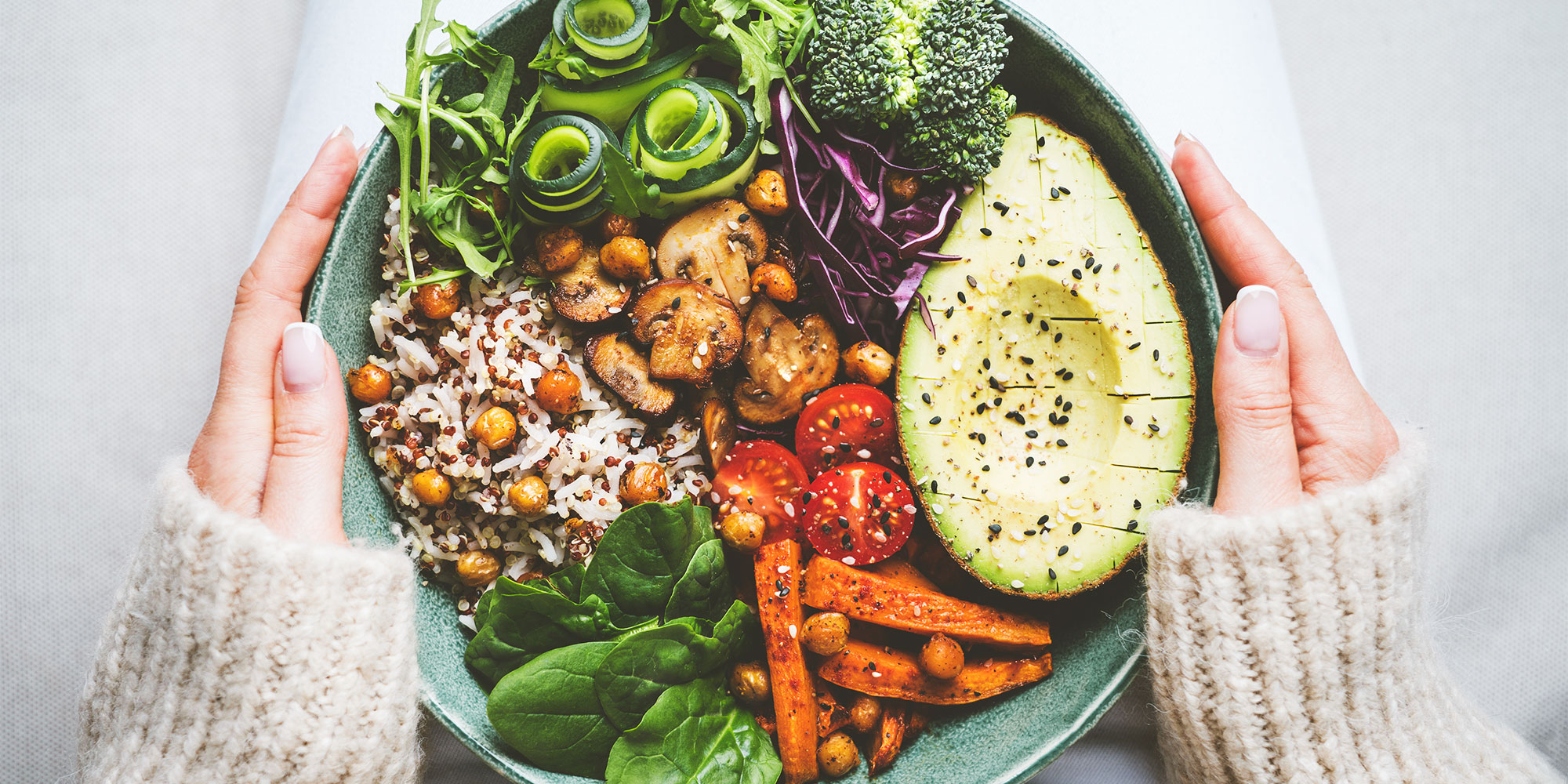
A well-balanced vegan diet is low in saturated fat and rich in dietary fibre and plant proteins – all of which combine to benefit your health in a variety of ways. These include weight loss, reduced risk of some cancers, managing blood-sugar levels and reducing levels of bad cholesterol.
However, it's also possible to have an unhealthy vegan diet. Some ultra-processed foods labelled as vegan, such as meat substitutes, aren't always as healthy as their image may suggest. Some have unexpectedly high levels of sugar, salt and fat - sometimes more than their meat counterparts.
Don't assume that any food labelled vegan is good for you. You'll still need to watch out for additives and high sugar or salt levels.
Shefalee advises: 'For peace of mind, it might be worth adding a multivitamin supplement designed specifically for vegans into your daily routine.'
Who's most at risk of nutrient deficiency?

Certain groups are more at risk of lacking key vitamins and minerals:
Women and teenage girls
The National Diet and Nutrition Survey showed that one in four UK women and almost half of girls and young women aged 11-18 have a low intake of iron, which can increase the risk of iron deficiency anaemia.
Menstruation can use up your iron reserves, especially if your periods are heavy or your diet is low in iron, putting you at greater risk of anaemia.
Older people
As we get older, it becomes harder to absorb vitamin B12, so experts recommend boosting levels by eating fortified breakfast cereals, yeast extract and meat.
The NHS says that a deficiency in both vitamin B12 and folate is more common in older people, affecting around one in 10 people aged over 75 and one in 20 aged 65-74. If you're concerned, see your GP.
People with gastrointestinal issues or on certain medications
Some gastric conditions make it hard for your body to absorb nutrients from food.
For example, if you have coeliac disease, where the digestive system works less effectively than it should, you need to make sure you have enough iron, vitamin B12 and calcium. Some reflux-suppressing medications can also limit B12 uptake.
What about supplements?
It's best to get your nutrients from food whenever possible, and supplements aren't a replacement for a healthy, balanced diet. However, supplements may be helpful for some groups or for people who have difficulty getting nutrients from their diet alone.
We scientifically rated multivitamin supplements for quality and quantity of nutrients in the best multivitamins you can buy now - it includes vegan options to try
Meet our nutritionist

Shefalee Loth, Which? principal researcher and nutritionist
Shefalee is a public health nutritionist with 20 years' experience, who has worked for the NHS, The London School of Hygiene & Tropical Medicine and World Cancer Research Fund.
At Which?, Shefalee is a principal researcher, writing and researching food and nutrition content for our magazine and website. She is also a media spokesperson and a trustee at Sustain, the food and farming alliance.
She focuses on cutting through the hype to explain what you need to know about nutrition and healthy eating. From ultra-processed food to the gut health myths you need to know about and what really works to cut cholesterol, Shefalee gives no-nonsense advice to help you make healthier choices and save money.


